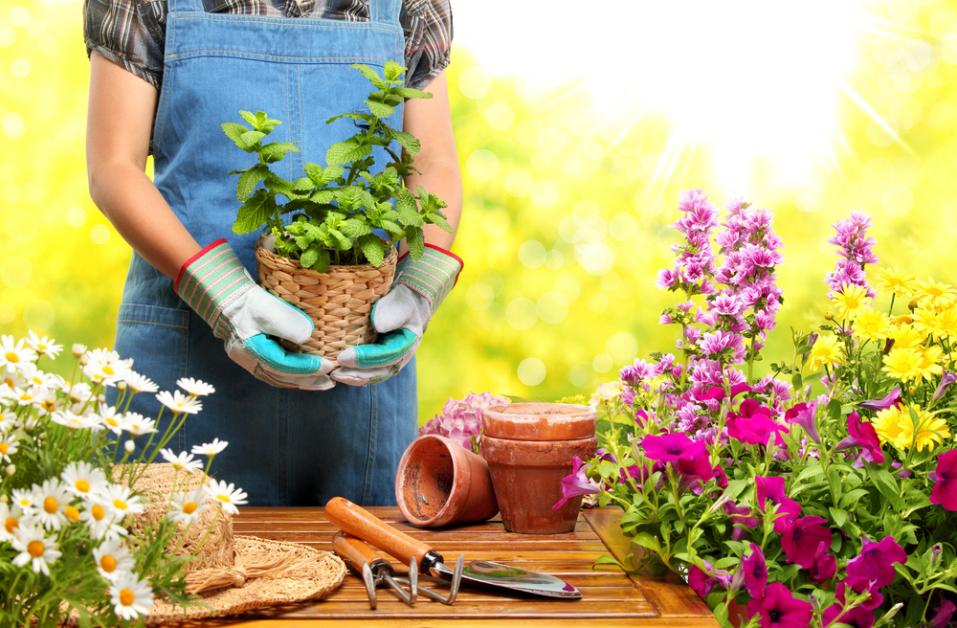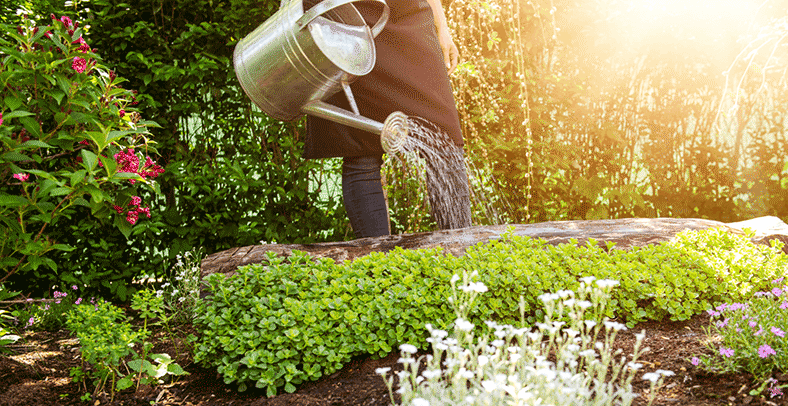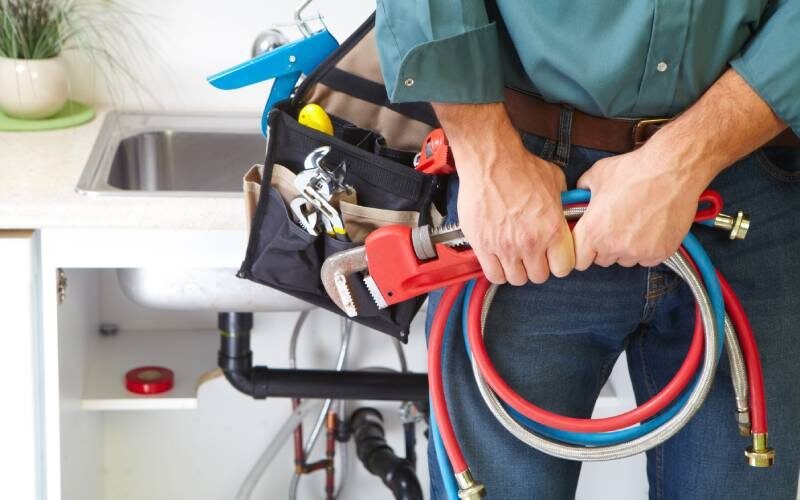Introduction
Lawn care is widely dependent on seasons. The way the rain, wind, and sunlight come through during the day has a greater impact on your turf beds’ overall health. So it is not only a necessary shift, it is downright crucial that you adjust your lawn care routine as the seasons change.
Summer days are much longer, much warmer, and they can easily dry out your turf bed. During summer, grass browns quicker. There are more bugs and pests. So we should definitely look into a summer-friendly lawn care strategy for the best looking beautiful and green lawn.
But if you are clueless about where to start from, do not worry. If you have come to the right place. We have done thorough research and put together a handy guide that would help you master your own lawn care plan for the summer.
We have more such plans and tips and tricks over at AGoodGarden.com. Head over to our main website for more detailed guides.
And, now, without any further due, let’s get into it.
Trimming
Get on top of your trimming game. Around mid-summer, your plants, bushes, and turf beds are most likely to have overgrowth and shedding. Get on a schedule and trim off all the extra bits. Regular trimmings would cut back on a lot of extra maintenance work. It will make your garden look neater and much more polished.
Customize your Harvest
Some plants thrive during winter and give you colorful vibrant harvest. But they die down during the summer. Over the course of the season they curl, wither, and turn brown. At some point they make your garden look messy and cluttered. So as the season gets warmer root out the cold-weather plants and free up space around your garden.
Deadhead Spent Blossoms
Yes, that is correct. You can get a better harvest by killing out the older ones. We know it might seem scary but once a flower has blossomed there’s no point in keeping that stem active. Your plant will unnecessarily spend energy on it.

Pinch or snip off the heads of flowers that have already bloomed. This way you will help your plant save up much-needed energy and encourage a second bloom. For plants that are hard to get a second bloom on, they will still have a good blossom come fall. And it also helps your gardens overall health and beauty. Also, to completely give your garden a fresher look, removing thatch with grass fire is your best option. Just make sure to make a fire plan and keep yourself protected from the fire
Smart Watering
Watering is a crucial step in summer garden care. We all know summer months are hot and harsh on delicate plants. A lot of house gardeners have the tendency of overwatering their plants. It is a common mistake.
Remember, you can coax your plant back to life with intensive watering if it dries out but you cannot reverse root rot. Root rot is a direct result of overwatering plants. So, be careful.
Be smart about it. Rather than watering frequently, water deeply. Deep watering promotes healthy, thick leaves and grass blades. They are much less likely to get pests and diseases.
Get a moisture sensor, if you’re not sure when to water your plant. They are very affordable. It’ll tell you when your plant needs watering. Or you can just step on the grass to see if it springs back up. If your grass springs up, it is healthy and doesn’t need water yet.
Another good way to tell if your plant needs water is to look for curling. Grass and thin leaves will curl before they go brown from dehydration. When you notice the tips curling, that is the best time to go water.
Retaining the Moisture
Apart from knowing when to water, a bog challenge during the summer is retaining the moisture. Due to warmer days and much harsher sun rays the water evaporates quickly. Plants get lesser water intake than what you initially gave them.
So, it is a good choice to water early in the morning before the sun gets too hot so your plants get a good drink. You can also keep longer grass. Longer grass blades promote deeper root growth and it helps a lot in retaining the moisture.

Sharpen your Lawn Mower
Your Lawn Mower is one of the most essential tools in your garden care. As we all know summer is the time most plants get pests and bugs. It is also the time when plants get plagued by fungi and viruses.
Fungi and viruses enter your plants and grass blades through damaged spots. If your lawnmower is blunt and nicked your grass will get jagged spots. These are the spots that go brown quickly. It will eventually kill the whole plant.
Make sure your lawn mower blades are sharp and polished. Any broken, jagged, and rusting blade must be replaced.
Prevent pests
Pests like munching on plants and grass blades. Weaker plants are much more susceptible to one of these pest attacks. Healthier plants can avoid pest infestation. So try to promote good health in your garden.
Many birds and beneficial bugs help in taking care of pests naturally. It keeps the biological balance intact. You can also look for natural pesticides. Make sure whatever pesticide you buy, it is OMRI listed and health-safe.
Conclusion
If you have read this far, thank you for coming along. We know summer garden care is slightly different from what many of us are used to throughout the year. But with a little friendly advice and our tips and tricks, you should be on top of your gardening game this summer.
Make sure to water smartly and keep an eye out for browning. Good Luck!




